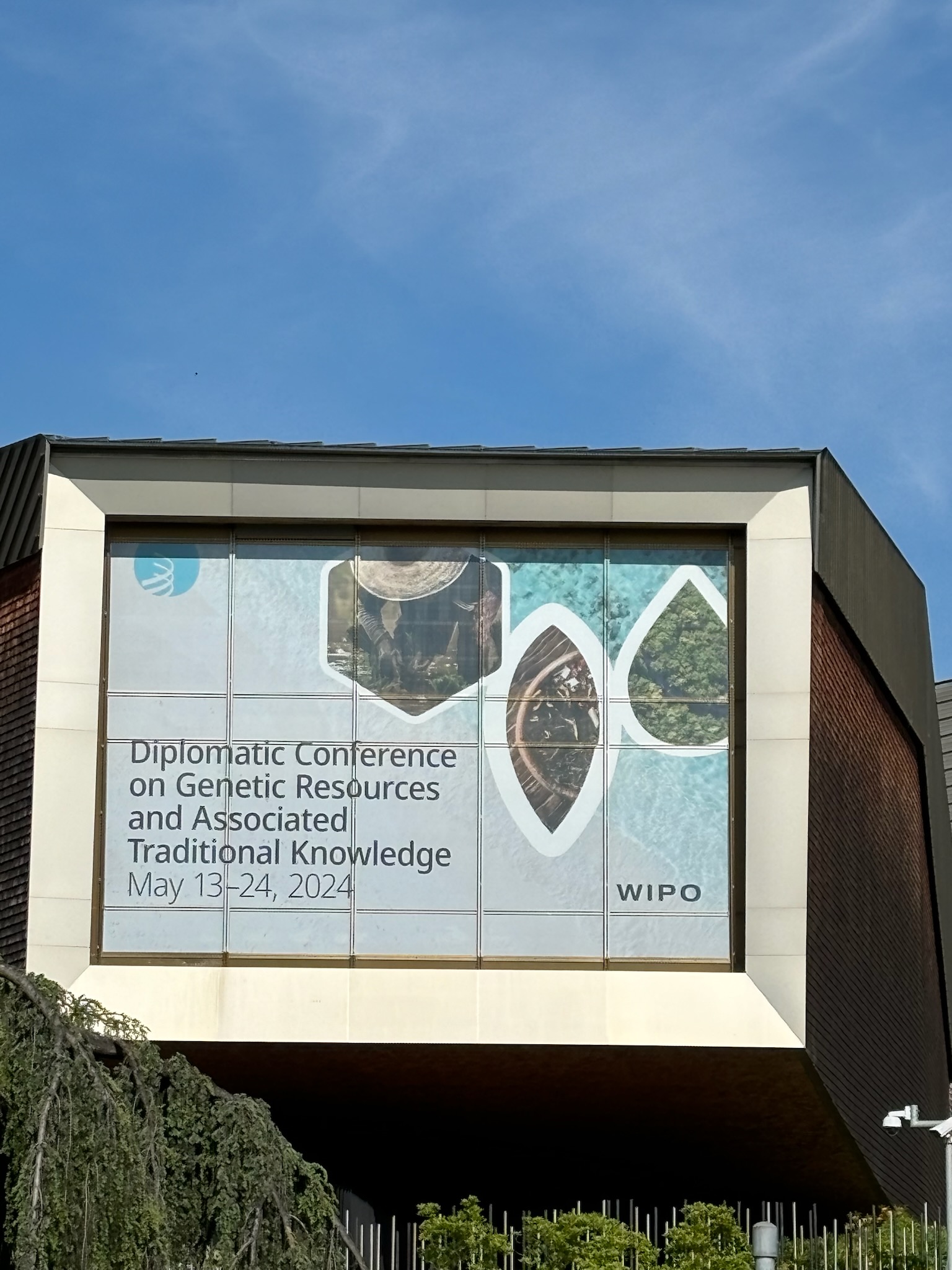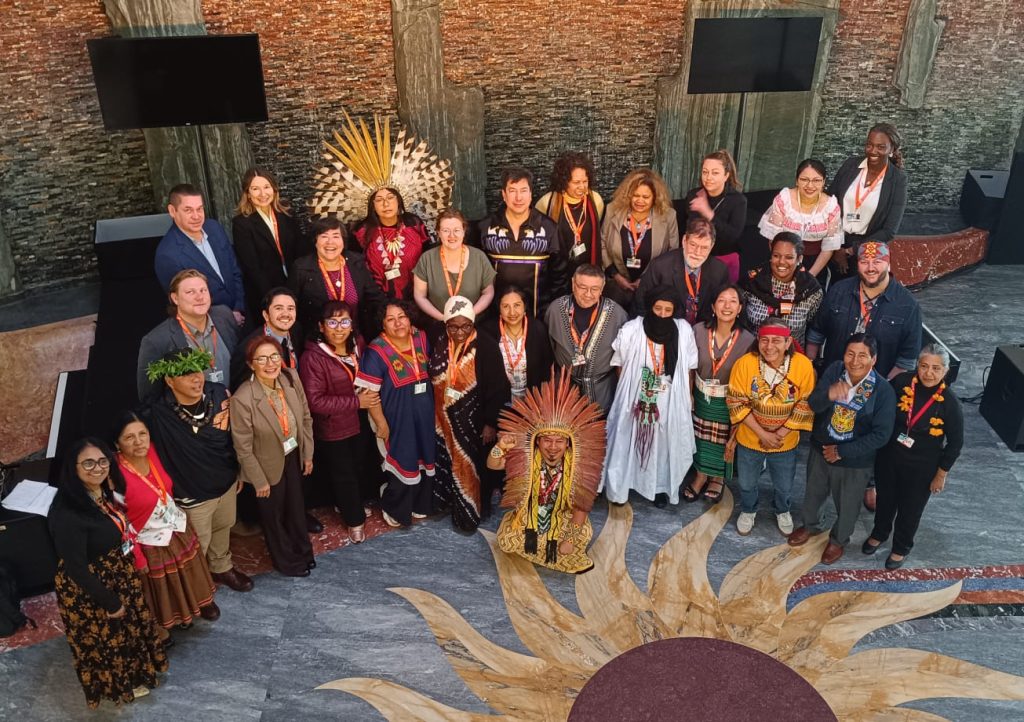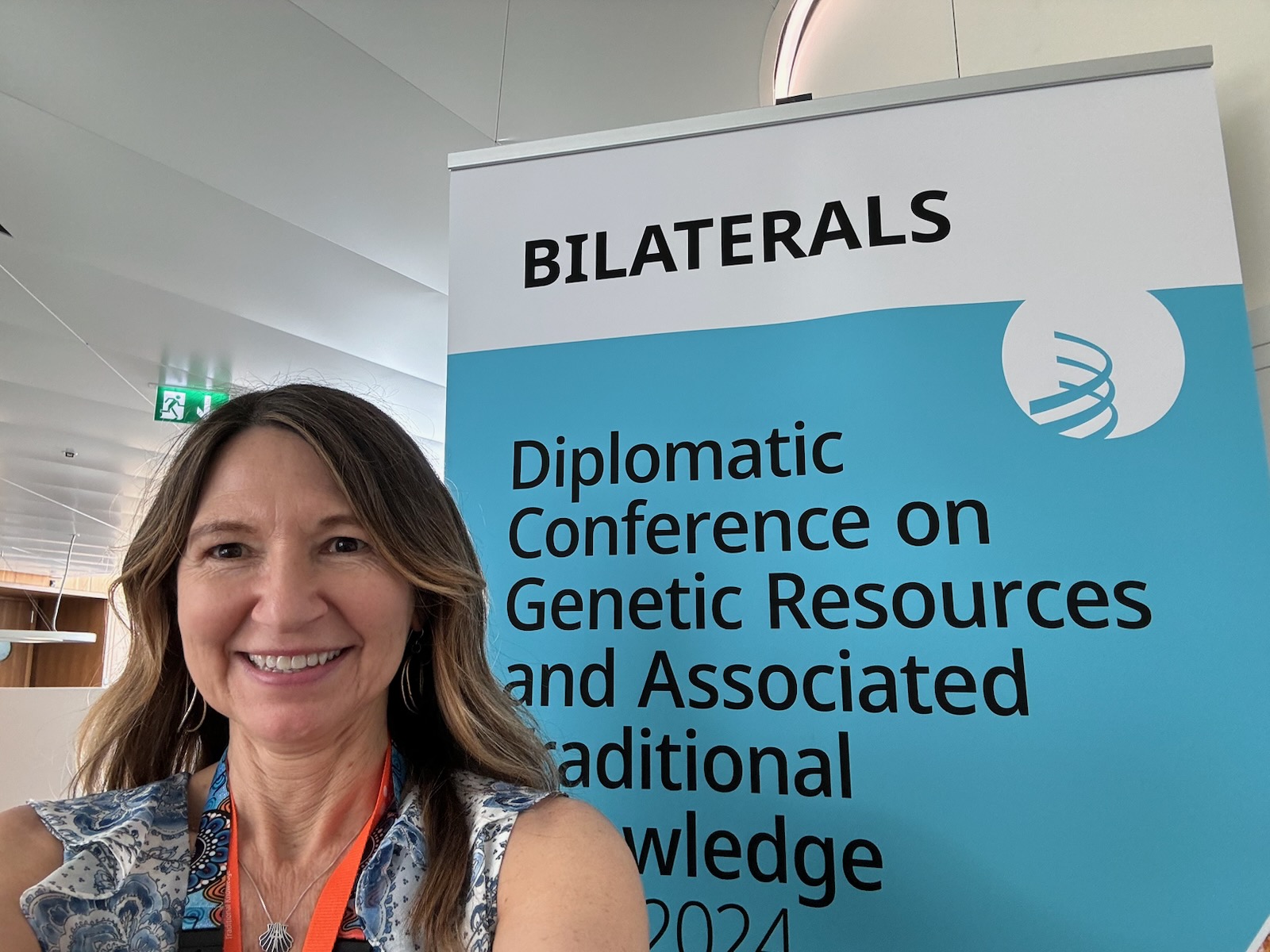
On Monday, May 13, 2024, the World Intellectual Property Organization in Geneva opened a much-anticipated Diplomatic Conference in which Member-States are likely to conclude a treaty on Genetic Resources and Associated Traditional Knowledge (“GRATK”). WIPO has updates, including a draft of the treaty (the “Basic Proposal”) on its website. The Diplomatic Conference will run from May 13-24, 2024, with a livestream and recorded sessions available online.
Indigenous Peoples are advocating for treaty terms that will help protect against the appropriation of plants and plant knowledge, and other resources that they use for healing, nutrition, and cultural purposes. It’s been an incredible effort and we acknowledge the efforts of organizations including the National Congress of American Indians, Coalition of Large Tribes, International Indian Treaty Council, National Native American Bar Association, United Indian Nations of Oklahoma, Polecat Ceremonial Grounds, Native American Church – State of New Mexico and so many others to coordinate diplomacy at the United Nations and to make their positions known to the United States. This is an example of the importance of American Indian, Alaska Native, and Native Hawaiian participation in international processes and also the power of our constituencies when we work together!

Key provisions in the draft include a reference to the United Nations Declaration on the Rights of Indigenous Peoples and a requirement for corporations, researchers, and others to “disclose” when their patent applications are based on traditional knowledge obtained from Indigenous Peoples. We all hope that a disclosure requirement, while a modest step, will give tribal governments and others the notice they need to participate in processes and discussions about the treatment of their GRATK. This is not a guaranteed outcome of the diplomatic conference, but participants in Geneva will be negotiating for that, as well as for consultation with Indigenous Peoples when it comes time to implement the treaty through domestic legislation and regulation.

The Implementation Project (TIP) is deeply involved in these efforts, most immediately supporting TIP Co-Director Sue Noe’s attendance at the Diplomatic Conference where she will be representing NCAI, participating in meetings of the Indigenous Caucus, and engaging in the process more broadly.
Please check back, sign up for our email updates below, and follow us on LinkedIn to learn more about the outcome of the negotiations, including whether a final treaty is adopted, the content of the text, and which countries adopt it.
